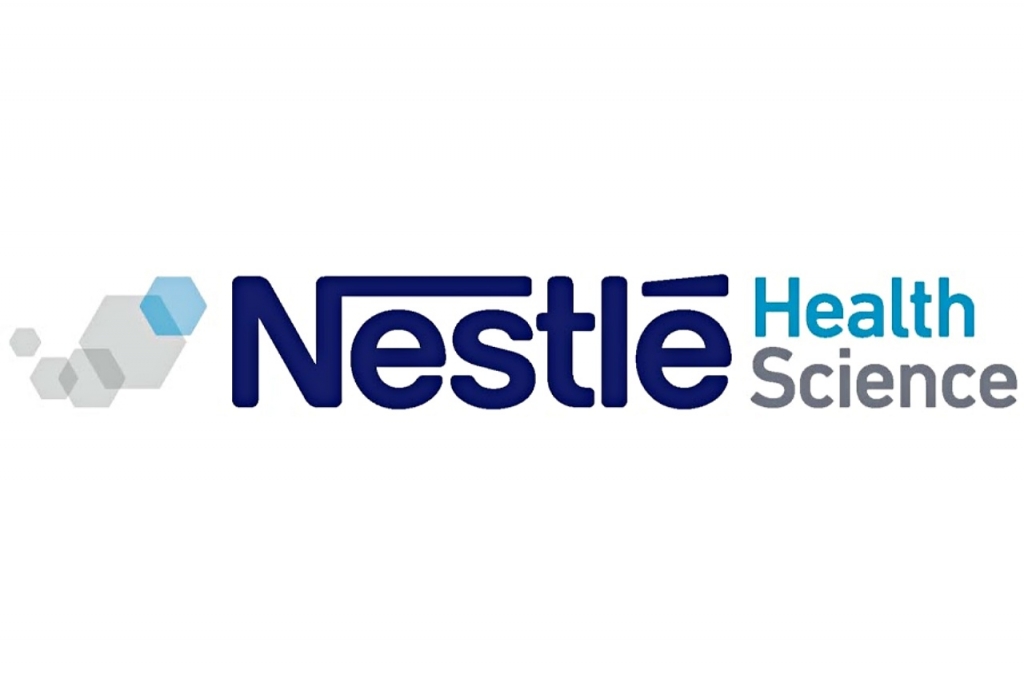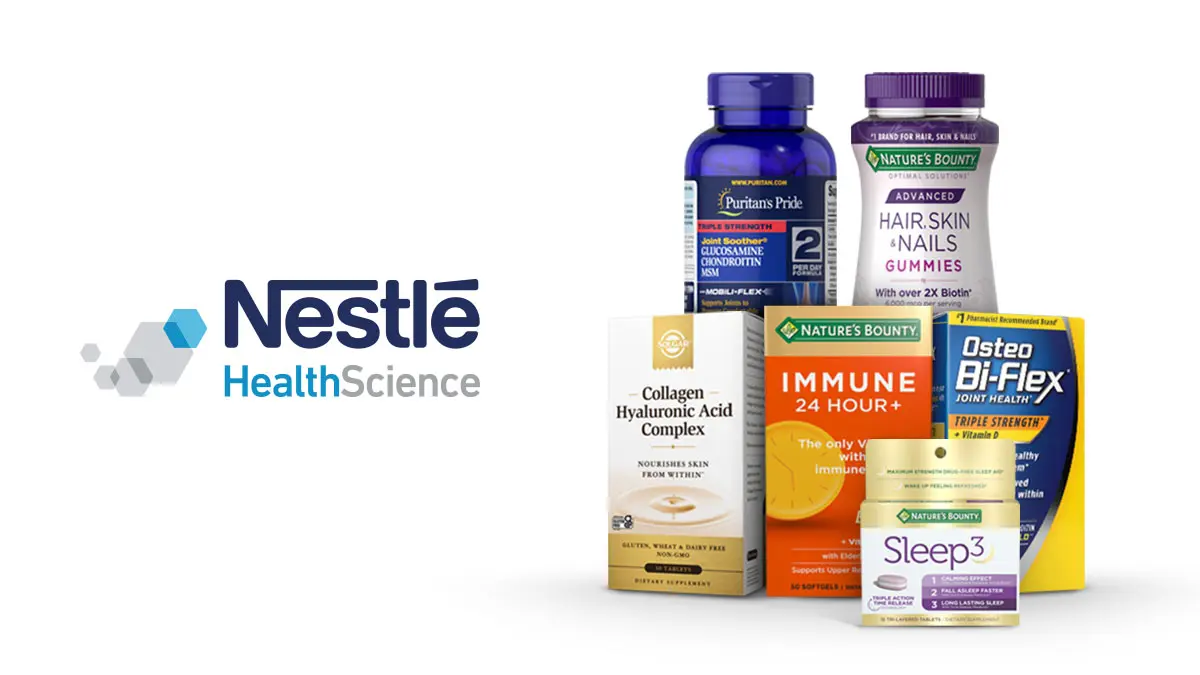In a recent turn of events, Nestlé, the world’s largest food and beverage company, faced considerable scrutiny as it rejected a significant shareholder proposal pushing for a strategic shift towards healthier products. The proposal, initiated by the nonprofit organization ShareAction, highlighted concerns about the nutritional content of Nestlé’s offerings, particularly their high levels of sugar, salt, and fats.

ShareAction’s Health Crusade Against Nestlé’s Product Lineup
At the heart of the controversy was ShareAction’s assertion that the company’s products do not align with its mission statement of enhancing lives. According to the nonprofit, a staggering three-quarters of the brand’s global sales come from products categorized as unhealthy.
“While the company claims that its products have ‘the power to enhance lives’, in reality, three-quarters of Nestlé’s global sales are unhealthy products containing high levels of salt, sugar, and fats,” ShareAction reported in a press release last month.
Nestlé rejects proposal that would have forced it to sell healthier food https://t.co/iuC0Hmxiy4
— TheStreet (@TheStreet) April 18, 2024
The proposed measure aimed to compel Nestlé to disclose sales figures based on product healthfulness and set ambitious targets to increase the sales proportion of healthier items. This initiative was intended to nudge the corporation towards a more health-conscious operational model.
Nestlé’s Defense and Shareholder Decision
Despite the mounting pressure, Nestlé maintained that the proposal infringed on its strategic freedom.
The company emphasized the viability of enjoying indulgent products in moderation and argued that setting stringent health targets could dilute the strength of other product lines, potentially giving an edge to competitors.
“People can enjoy indulgent products in moderation,” the company stated, defending its diverse product strategy that caters to a broad consumer base.

The climax of this health-centric debate occurred during Nestlé’s annual general meeting on April 18, where a decisive 88% of shareholders voted against the health proposal, with only 11% in favor.
The outcome reflects a clear preference among shareholders to uphold the status quo rather than pivot towards the suggested health-oriented business model.
Broader Implications and Public Eye’s Accusations
The rejection of the health proposal comes at a time when Nestlé is under additional scrutiny. A report by Public Eye accused the company of selectively adding high doses of sugar to products aimed at children in less affluent countries—a stark contrast to its practices in markets like Switzerland.
“Our investigation shows that, for the brand, not all babies are equal when it comes to added sugar,” the Public Eye report criticized, pointing out a concerning discrepancy in product formulations based on regional markets.

Economic Challenges and Future Directions
Amid these controversies, Nestlé has reported a slight decline in sales, with a 1.5% drop in its latest annual earnings report. The company’s CEO Mark Schneider attributed this downturn to “unprecedented inflation” which has “increased pressure on many consumers and impacted demand for food and beverage products.”
As Nestlé navigates through these turbulent times, the outcome of the shareholder meeting may serve as a reflection point for the company.
While the majority stance may have stemmed the tide of immediate change, it also opens up conversations about the long-term public health impacts and the ethical considerations of product formulations, especially in markets with different economic profiles.










